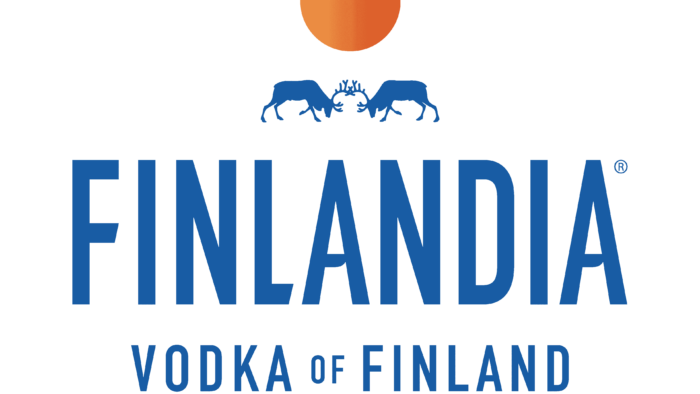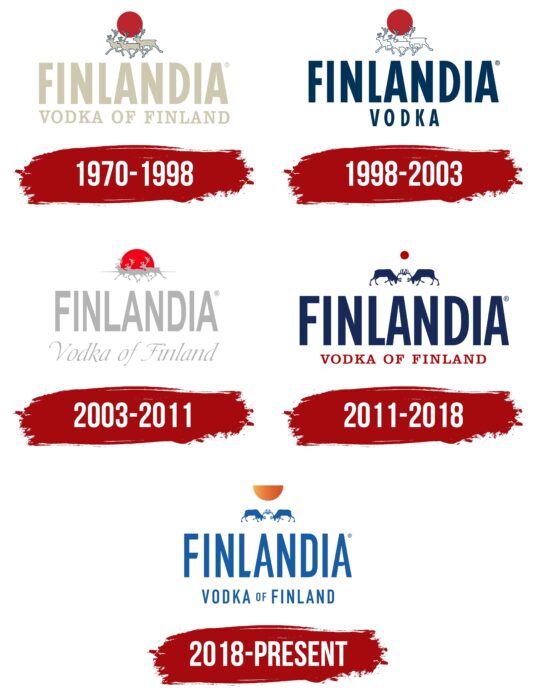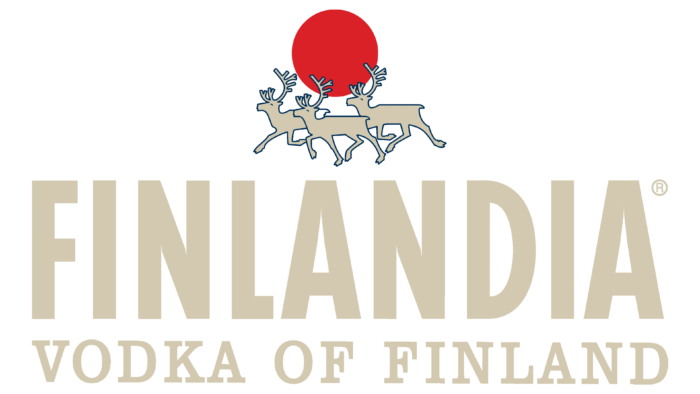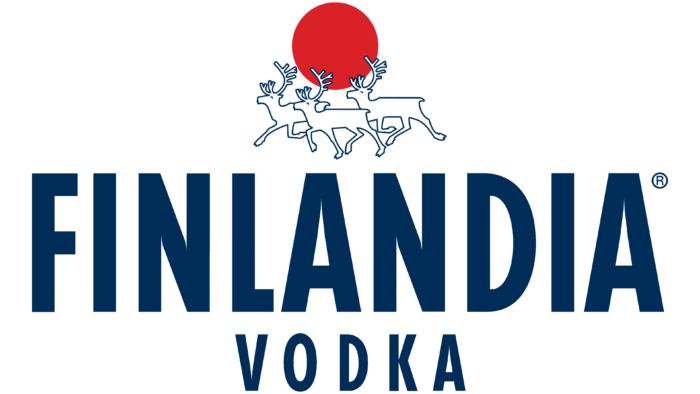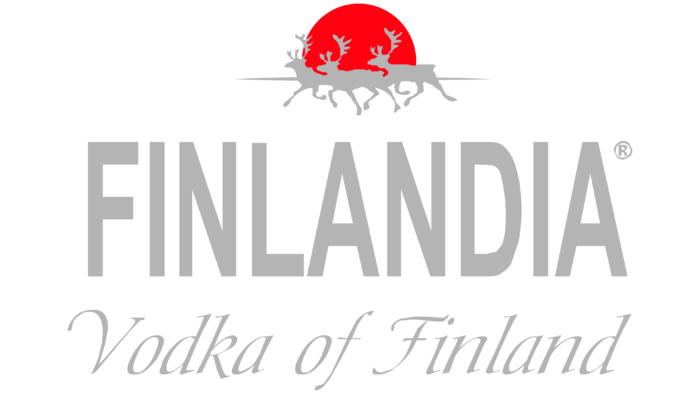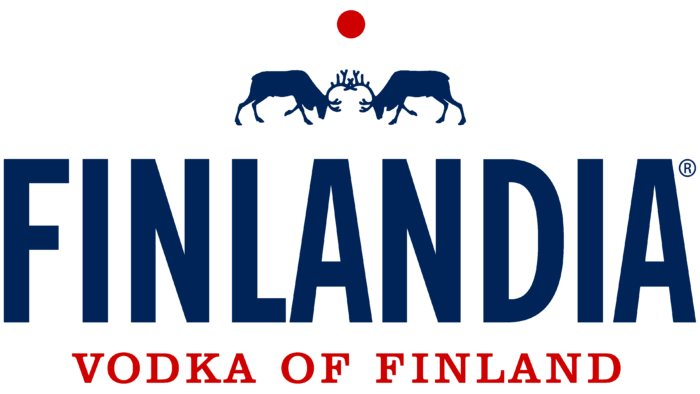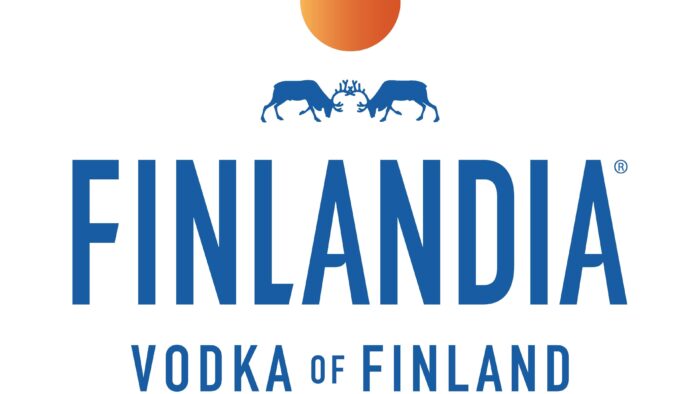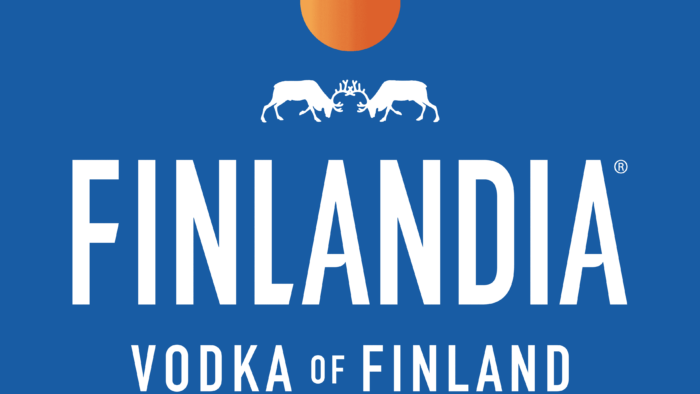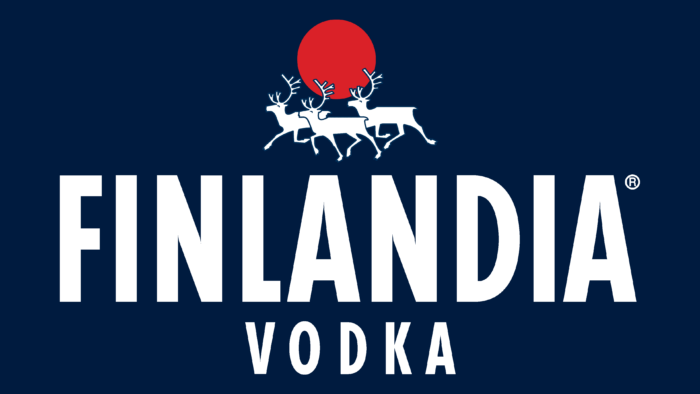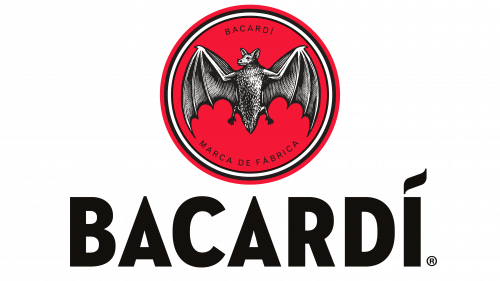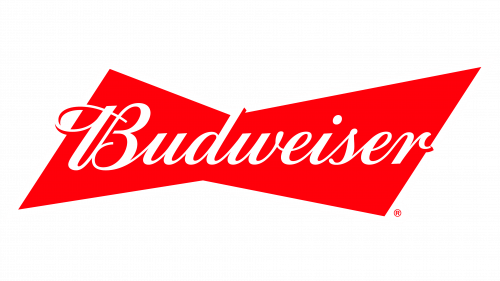A special recipe for vodka has arisen in the north, where deer live, and there are few warm days a year. The Finlandia logo tells about the birthplace of the drink. The emblem elements create a feeling of coolness and crystal clearness, emphasizing the use of glacial waters in the composition.
Finlandia: Brand overview
| Founded: | 1970 |
| Founder: | Brown–Forman |
| Headquarters: | Finland |
| Website: | finlandia.com |
Meaning and History
Despite the official year of the emergence of Finlandia, its distillery appeared much earlier – in 1888. It was opened in the Koskenkorva village of the Ilmajoki parish by the entrepreneur Wilhelm Juslin. However, with the passage of the alcohol prohibition law passed in 1920, the state bought the plant to focus on producing goods for the pharmaceutical industry and other non-alcoholic beverages.
After lifting the ban, the government of the northern state, represented by Alko, took over total control over the production of vodka. The result of the intensification of work was the appearance in 1970 of the Finlandia brand. A year later, an alcoholic drink was already supplied to the US market. After five years, a new vodka bottling plant was opened in the village of Rajamäki, but the alcohol distillation process remained in Koskenkorva.
At the beginning of the millennium, the American corporation Brown-Forman bought a 45% stake in Finlandia Vodka Worldwide from Altia Group (the successor to Alko). She gradually bought them up until she completely took over the alcohol company. Now she is its majority owner. In 2016, information appeared about the trademark sale, but this remained at the level of rumors.
All these years, the identity of Finnish vodka has been associated with ice. This is visible both in the label and in the branded bottle, the first sample presented in 1970. Her design is called Frozen Ice and was designed by sculptor Tapio Wirkkala. The product looked like an ice-cold drink from the Arctic North.
Later, other design options appeared. These include Hammered Ice by Hansen Design of Design Philadelphia in 1998 and Glacial Ice by Harri Koskinen, Finlandia Global, and Wallace Church & Co in 2003. There is another version of the bottle called Melting Ice developed in 2011. Its authors are Finn Harri Koskinen and American Kenneth Hirst.
1970 – 1998
In the first year, the black logo depicted three snow-white reindeer against the backdrop of the rising sun. It looks like a large red ball, on which branched horns of proudly running animals stand out effectively. The contrast of black and white makes it possible to emphasize the iciness of the bottle and its contents, so the vodka looks like a frosty drink. The brand’s name is also written in white, indicating the place of production of vodka. The letters are elongated, with miniature points at the top.
1998 – 2003
The next generation logo shows the same three deer, but in a flat projection, emphasizing a dark blue outline and a white center. In this version, the animals have a miniature stroke denoting the eye. The horns are highlighted and also circled in blue. The inscription is made in a perfectly even font as if it were fragments of melting ice. The letters are capital, geometric, with sharp points at the inner corners of the “N,” “A,” and “V.” The second line is half the size of the first – both in character size and length.
2003 – 2011
After the redesign, the bottle received the texture of melting ice and the corresponding logo. It complements the original design of the glass container, so the white elements on it have a silver tint. The designers typed the drink’s name in thinner letters and added the italic inscription “Vodka of Finland.” In addition, a light horizon appeared, due to which the red semicircle of the sun rises.
2011 – 2018
A dark blue color dominates this emblem. Deer are depicted as fighting: their antlers are linked, their heads are lowered, and their front legs are raised. Above them is a red dot representing the sun. Below are the inscriptions: the name of the vodka and the country of production. They are made in different fonts: the first part – grotesque, the second – Antiqua.
2018 – today
In the modern logo, the developers have changed the design of the inscription: “A” has roundings on the side of the crossbars, and “F” has a central element cut off diagonally. The deer are completely preserved:
- They still have the tops of the horns linked.
- Their heads are tilted.
- One leg is raised.
Above them hangs a red sun, depicted in the form of a semicircle, since the authors removed the upper half—elderly white color placed on an ultra-blue background.
Font and Colors
Almost every logo redesign is associated with a bottle update. This approach allows the luxury vodka producer to maintain a harmonious relationship between the glass container and the label. Moreover, all samples have an individual name: Frozen Ice, Hammered Ice, Glacial Ice, Melting Ice. The icy coolness of the drink and its Arctic origin are conveyed in the main element of the emblem – the reindeer that lives in the latitudes of the Arctic North.
The inscription in the Finlandia logo is made with several variations of the News Gothic Bold Condensed typeface. Typographer Morris Fuller Benton designed this sleek sans-serif typeface. The Finnish brand’s corporate palette is based on four colors. Among them are blue (background, letters, contours), white (deer), red (sun), and silver (inscriptions and animals).
Finlandia color codes
| Medium Sapphire | Hex color: | #185ca4 |
|---|---|---|
| RGB: | 24 92 164 | |
| CMYK: | 24 92 164 | |
| Pantone: | PMS 2945 C |
| Cadmium Orange | Hex color: | #eb8c42 |
|---|---|---|
| RGB: | 235 140 66 | |
| CMYK: | 0 40 72 8 | |
| Pantone: | PMS 715 C |
| Flame | Hex color: | #dd612c |
|---|---|---|
| RGB: | 221 97 44 | |
| CMYK: | 0 56 80 13 | |
| Pantone: | PMS 1645 C |
